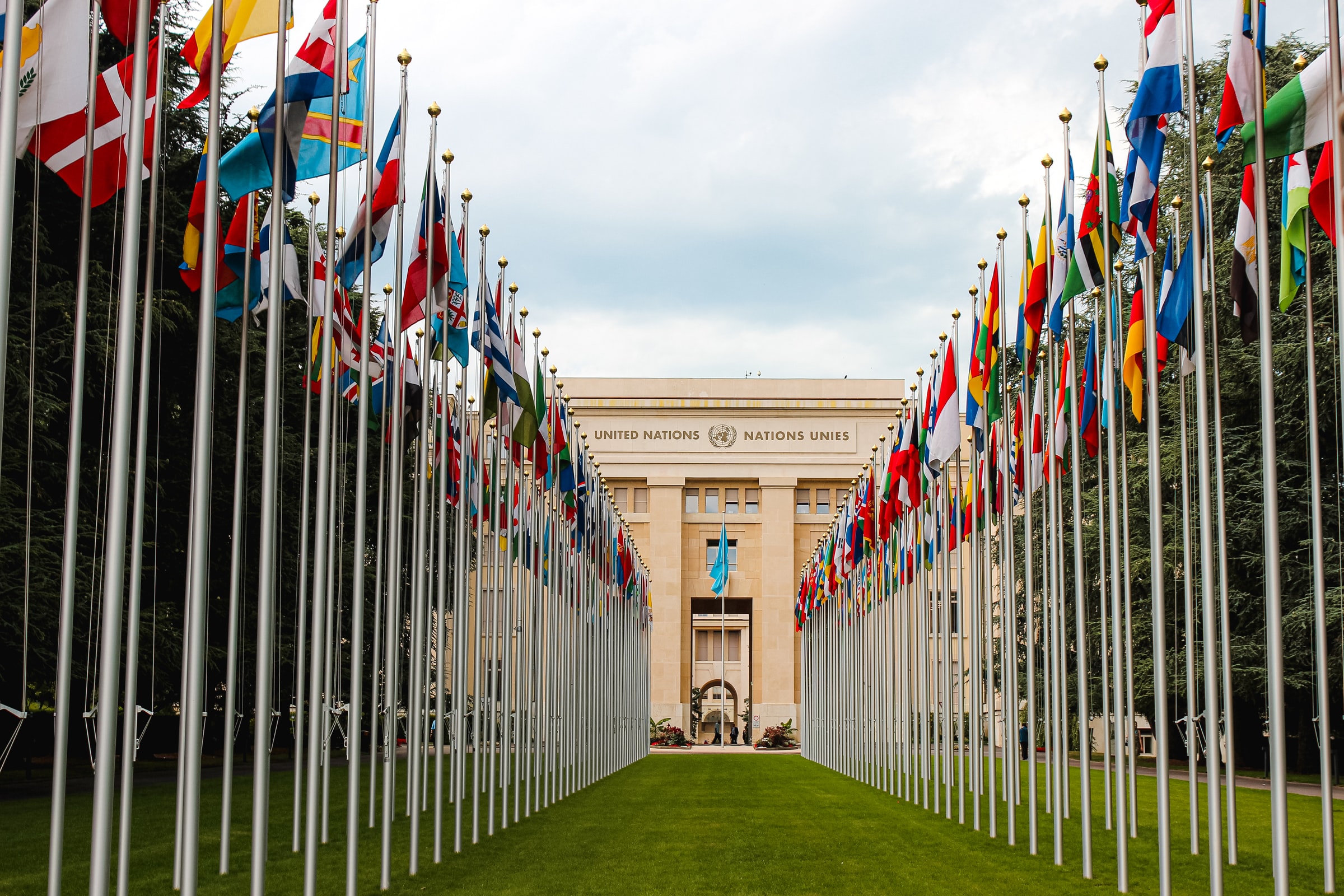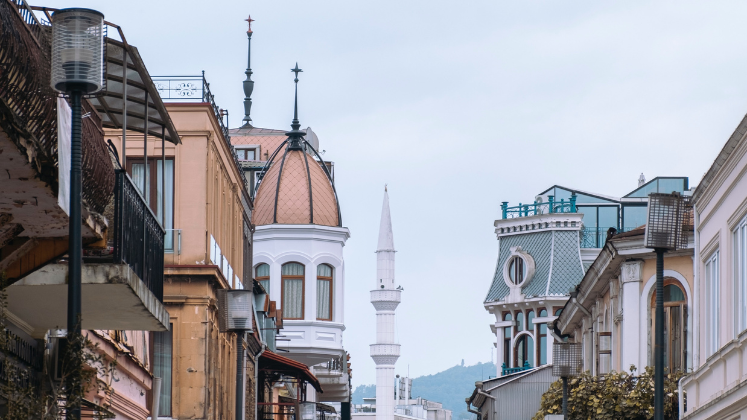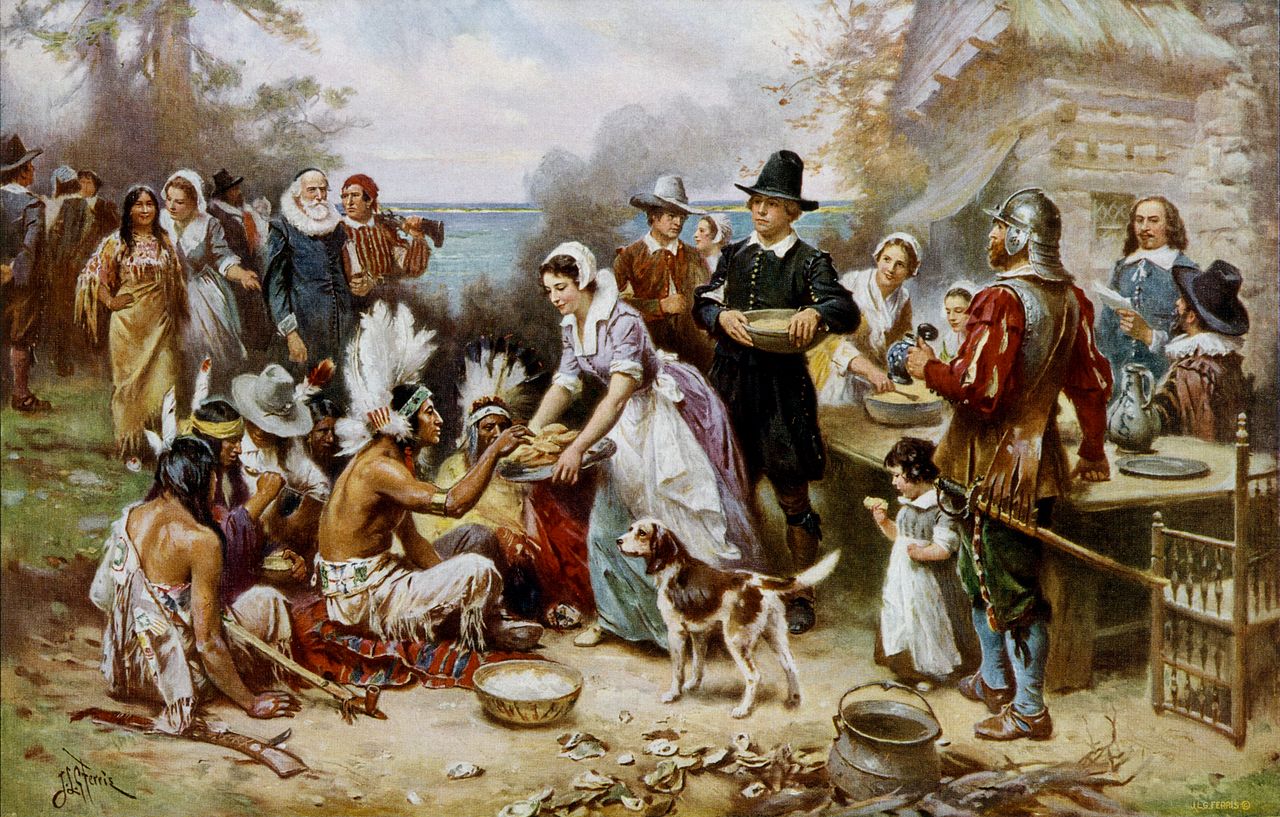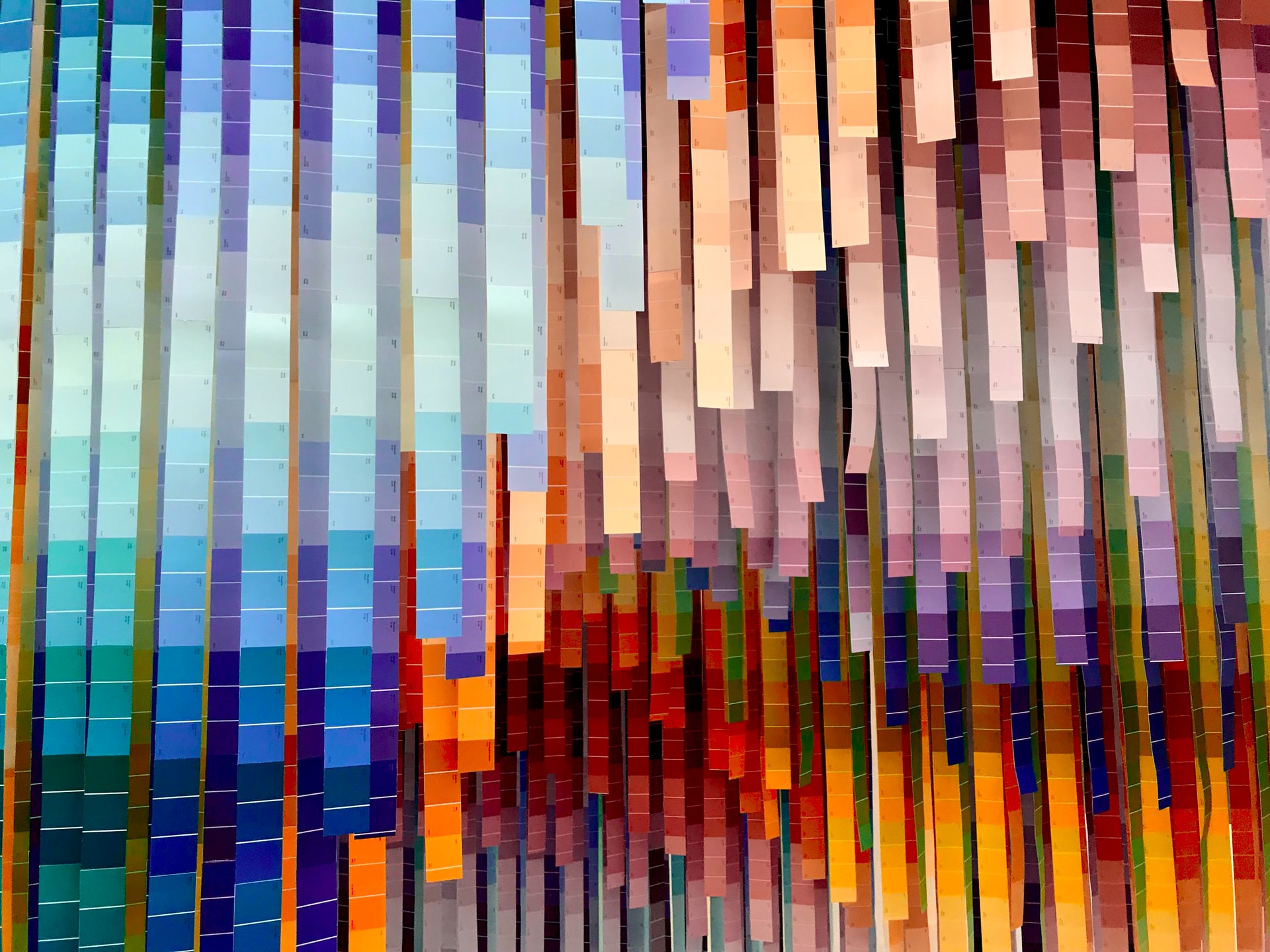As part of our series on covenantal pluralism, Chris PreJean looks at the situation in Morocco today. In this piece, Chris asks, how does a Muslim-majority state identifying as a constitutional monarchy integrate Christian religious minorities into its policies of pluralism, when its constitution only recognises Islam and Judaism?
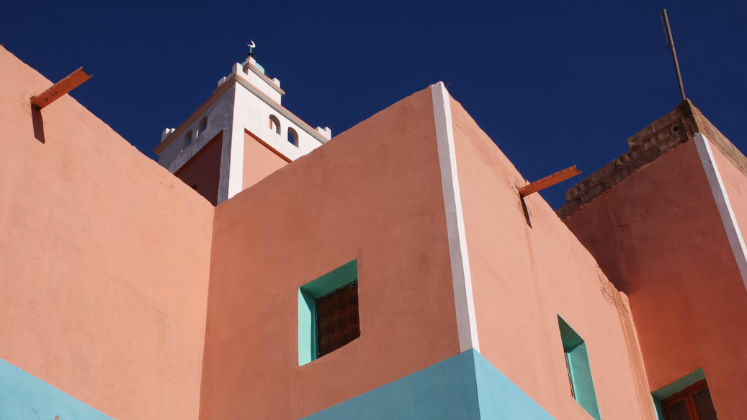
Morocco might seem to be an ideal candidate for a thriving covenantal pluralism. Over the last decade, Morocco has made headlines for its role in the Marrakesh Declaration and a commitment to protect religious minorities. Notably, in 2019 King Muhammad VI warmly welcomed Pope Francis, and put on a public display of tolerance and coexistence. It might be surprising to casual observers, however, that a sincere embrace of covenantal pluralism is a tough sell, even in a moderate Muslim-majority state like Morocco. During my 2022 trip there, I set out to give lectures on Christianity with the enabling conditions of covenantal pluralism in mind, and I realised that there is a significant amount of misunderstanding, misinterpretation, or even insincerity about multi-faith dialogue.
Covenantal pluralism offers “a holistic vision of citizenship that emphasizes both legal equality and neighborly quality” and supports “an inclusive notion of citizenship”. Morocco is constituted by a 99% Sunni Muslim majority who hold vastly different beliefs about the role of religion, citizenship, and human rights in multi-faith engagement. While some Moroccans conceive of themselves as liberals and identify as citizens in much the same way as those of western democracies, others, most notably conservatives, do not see citizenship as a viable category of Islamic thought. Nor do they see it as part of their self-conception. No doubt, many Moroccans defy such monolithic characterisations, and the dearth of data to quantify prevailing beliefs of Muslim loyalties constrains our ability to draw specific conclusions.
The diversity of beliefs about civic identity and human rights also extends to the ambiguous relationship between the state with non-Muslim citizens and foreign residents. Of an approximately 36.4 million total population, around 2,000-3,500 are Moroccan Jewish citizens, and upwards of 31,500 are Moroccan Christian citizens. Taken together with the nearly 43,000 foreign Christians living in the country, many of whom are residents or migrant sub-Saharan Africans, a clear policy to address religious diversity and multi-faith engagement is crucial to a sustainable relationship between religious communities. Essentially, Morocco has not issued clear policies to integrate these sub-Saharan Christian communities into its citizenry, instead emphasising general calls to interfaith dialogue. More prevalent is a focus to preserve Jewish culture and identity, with educational materials scheduled to be incorporated into primary school textbooks. How does a Muslim-majority state identifying as a constitutional monarchy integrate Christian religious minorities into its policies of pluralism, when its constitution only recognises Islam and Judaism?
A necessary condition for the flourishing of pluralism in any place is freedom of religious belief, understood by its definition given in Article 18 of the Universal Declaration of Human Rights. “Everyone has the right to…religion” which “includes the right to change his religion”. In Morocco, conversion out of Islam is illegal though not criminalised, and the ability of a Christian to proclaim his faith in public might be seen as a corruption of the public good and the maintenance of the dignity of society. The reason Morocco can affirm its position as an upholder of religious freedom and as a signee of the declaration is because it confirms the right to be born Muslim, remain a Muslim, or convert to Islam.
The official stance on religious pluralism in the Kingdom of Morocco is that religious belief across the spectrum is to be tolerated, since everyone has inherent and shared human values and rights to dignity. Yet multi-faith dialogue has been the status quo while meaningful relationships and solidarity are often a social backwater.
My experience presenting lectures on Christianity left me feeling anything but empowered. I gave a twelve-minute lecture to a conservative audience on moving beyond tolerance and coexistence, citing the work of the Multi-Faith Neighbor’s Network (MFNN.org). To be sure, I won the admiration of the audience, but the lack of sustained solidarity, both then and now, has left me wondering if such academic and devotional exchange is effective. The Moroccan participants presented all-too-familiar ideas of tolerance and peaceful coexistence. In splendid fashion, however, I was offered top rate hospitality that affirmed my dignity as a person. But any indication of a sustainable future relationship between host and guest was ambiguous.
As a participant in a program that had been running for more than ten years, I had seen the fruits of sustained multi-faith interactions in Morocco, usually by those Moroccan scholars who’d experienced multi-faith engagement abroad. They had an appreciation for religious diversity and global religion as a direct result of their participation in academic exchange and education. “They are not ignorant of the texts they study and the problems associated with their scriptures,” one of our hosts told a packed house of devotionally conservative Muslims. His experience demonstrated a sincere knowledge of non-Muslim epistemologies. Such an example is a case in point to the importance of building religious literacy and intellectual networks through scholarly companionship and human fraternity.
Yet working to build sustainable solidarity is hindered by an exceptionally low religious literacy. Consider that in Morocco there is no internationally recognised native expert on Judaism nor Christianity. Neighbourly solidarity is not attainable where there is a lack of institutional dissemination of religious knowledge. This lack of dissemination applies at the educational institutional levels and the devotional communal levels. Both are crucial in the formation of a Muslim moral order in which Christians and Jews participate.
One of the contributing factors to religious illiteracy is traumatic communal memory of a Christian colonial past. One Moroccan friend told me a story about how his grandfather had shot a colonialist precisely where we were standing. It was a moment to share a deeply personal and proud moment of his ancestry. As for a communal memory of Jews, Muslims identify as victims alongside Jews to coercion and trauma of their expulsion from Andalus. Such views are embedded into the history and memory of Muslims, and remain a hindrance to building solidarity.
Another major hindrance to religious literacy of the other is an intellectual understanding of non-Muslims. Typical views hold that Jews and Christians are the same ones as they exist in the Quran and Sunna (the traditions of the Prophet and his early community). These literary representations of Jews and Christians are an essential feature of the rhetoric underlying multi-faith engagement, and shape how non-Muslims are viewed in dialogue and academic discourse. The result is that any meaningful conversation of solidarity ends before it begins.
But it is far from hopeless. After giving a lecture on Judaism or Christianity, my colleagues and I received well-rehearsed polemical debates about the corruption of Jewish and Christian scriptures. Implicit to the polemical nature of engagement was that somehow me or my colleagues were more aligned with the literary religious figure than the dynamic, intellectual ones standing before them.
At a dinner following the event, a young woman addressed a colleague by referring to him as a Nasrani, the Quranic term used to refer to Christians, implying that he conformed to a Quranic stereotype. His reply was “I am not a Nasrani, I am a Masihi.” In using Masihi, another term for “Christian,” he explicitly placed himself in the broader historical consciousness of a developing tradition of Christianity and human religious experience. This was a monumental moment in building religious literacy, one that might stand as a principle of multi-faith engagement and literacy building in Morocco.
A shared set of virtues between Muslim Moroccans and religious others inside and outside of Morocco is the most promising avenue to move from mere dialogue to sustainable action. The good news is that Moroccans have a deeply profound respect for those of all religions. One of the most powerful tools in our arsenals is an intellectual solidarity grounded in and adapted to native understandings of covenantal pluralism, something greatly lacking in multi-faith discourse in Morocco.
Photo by Mayeur Pascal on Unsplash


